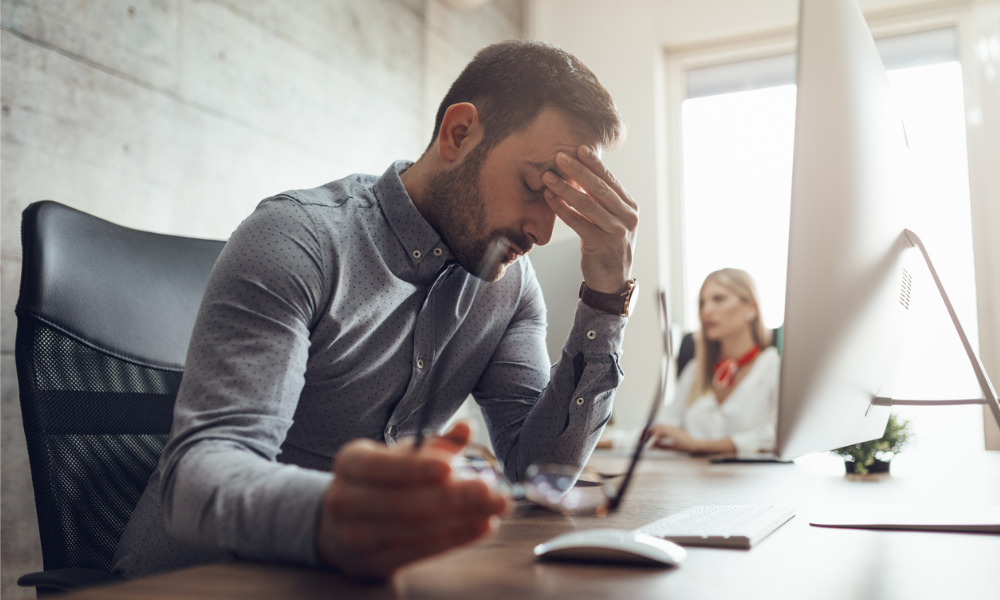
HRD talks to the group HR director of Seek and their resident psychologist about implementing wellbeing initiatives

Saturday 10th of October marks World Mental Health Day – a chance for HR leaders to showcase their commitment to safeguarding phycological health.
And, considering the year 2020 has turned out to be, the day cannot come too soon.
– From bushfires to pandemics, the past few months have taken their toll on employee wellbeing
Research by the University of New South Wales and the Black Dog Institute found that found that during the peak of the outbreak in Australia, the rates of psychological distress, anxiety, and depression symptoms rose among adults.
The study found that 78% of the participants reported that their mental health problems had worsened during the outbreak and its peak.
Since the onset of COVID-19, employers are more nervous about checking in with their employees, according to Seek resident psychologist Sabina Read.
“They fear they will hear something they don’t know how to respond to or that they are not mental health professionals. When you break it down, an organisation is just a group of humans and human needs are universal,”Read told HRD.
Read more: Helping hands for mental health
“People want to be understood, heard, validated and feel they are making a contribution to something bigger than themselves.
“Employers can accommodate worker’s needs by asking: How are you doing? What are you finding most difficult? What we can do that we didn’t do before COVID-19? Make it more of a collaborative conversation, as opposed to feeling the need to solve everybody’s issues.”
Read said that many employees would be feeling an overwhelming feeling of grief which is a natural reaction to loss.
“Workers are experiencing grief and loss at this time – a loss of agency, loss of autonomy, loss of privacy and loss of independence. We are continuing to try and make sense of that and recalibrate. That’s going to have a flow-on effect in the workplace.”
SEEK’s own approach to wellbeing is to create an environment where people take individual responsibility, are comfortable to discuss their personal circumstances, and feel well supported and cared for.
The overarching philosophy has been to:
This philosophy has underpinned specific initiatives centred around a three-tiered approach focused on the individual, leaders and at the organisational level.
Kathleen McCudden, group HR director at Seek, said a critical part of supporting employee wellbeing through this time has been access to flexible work arrangements.
This began with a Carer’s Leave policy, which has been extended to cover remote education and caring for children at home.
“When the juggle between trying to work remotely, home schooling and caring for family members became all too difficult – we encouraged people to take time out,” said McCudden.
“We updated and promoted our workplace flexibility guidelines and materials to reflect COVID-19 circumstances, with employees supported to work in a way that best suited their unique circumstances.
“Uptake of these options has been strong, with 75% of employees reporting they have accessed flexible work arrangements more frequently since the pandemic commenced.”
Employee feedback also suggests the wellbeing response has been well-received.
In a recent survey, 89% percent of employees agreed that ‘Seek has done a great job of providing relevant resources to support employee wellbeing’ and 87% reported that ‘Seek cared for their physical and mental wellbeing through this time.’
Read more: Is your organisation ready for a mental health program?
Seek’s response drew on existing wellbeing initiatives, with many supplemented with specific COVID-related resources and offerings: